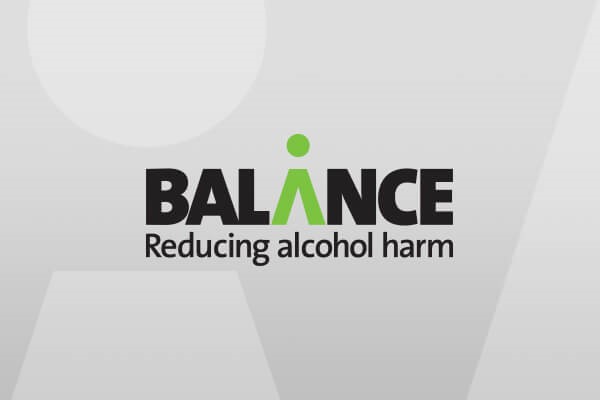Dry January success in the North East
Dry January, which encourages people to stay alcohol free for 31 days, has been hailed a success with more than 17,300 people signing up to take part this year’s campaign – with over one in four sign ups coming from the North East.
Half of the top 10 locations across the UK for sign ups were from the North East – including the top three.
For the second consecutive year, Alcohol Concern’s Dry January, supported by Balance, the North East Alcohol Office, has challenged people to use the aftermath of December’s excesses as time to consider their alcohol intake and start the New Year with a healthier approach.
Accepting the challenge of Dry January meant attempting to abstain from alcohol for the entire month; the trade-off was no hangovers, better sleeping patterns and more energy, better skin, an increased bank balance and possibly even a decreased waistline.
Thousands of people from across the North East took part and it was also supported by health professionals and all 12 local authorities in the region who championed vintage tea parties and other activities as an alternative to boozy nights out in January.
Colin Shevills, Director of Balance, said: “It’s great to see the North topping the tables for alcohol for the right reasons. This was a national campaign but 28% of participants were from the North East.
“Dry January has been a great way to get people really talking about alcohol and to consider their alcohol intake. It’s been extremely successful throughout January and as people have seen the real benefits of cutting down, this will hopefully lead to more long-term behaviour changes.”
“Drinking more than the recommended limits – on a daily or almost daily basis – can have some serious long term implications for our health, including mouth and breast cancer, heart disease and stroke.
“Taking a break from drinking or reducing your intake is good for your long term health – but there are also a range of immediate benefits such as feeling better in the mornings, having more energy during the day and possibly losing weight.”
Early signs show that many participants feel better and highly positive about their experience with plans to drink less going forward. This indicates that taking a month off could be one way of changing long term drinking habits among the population. A formal evaluation will now be undertaken independently by the University of Sussex to follow up with participants throughout the year to see if they have been able to cut down following January.
